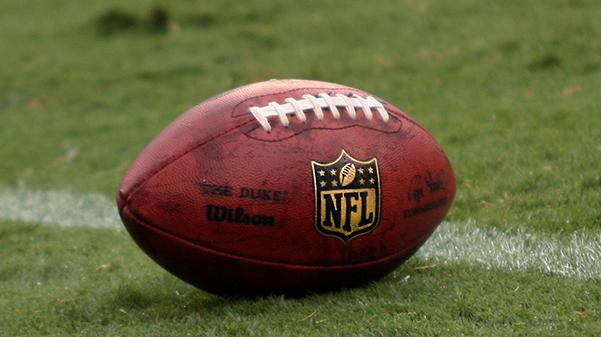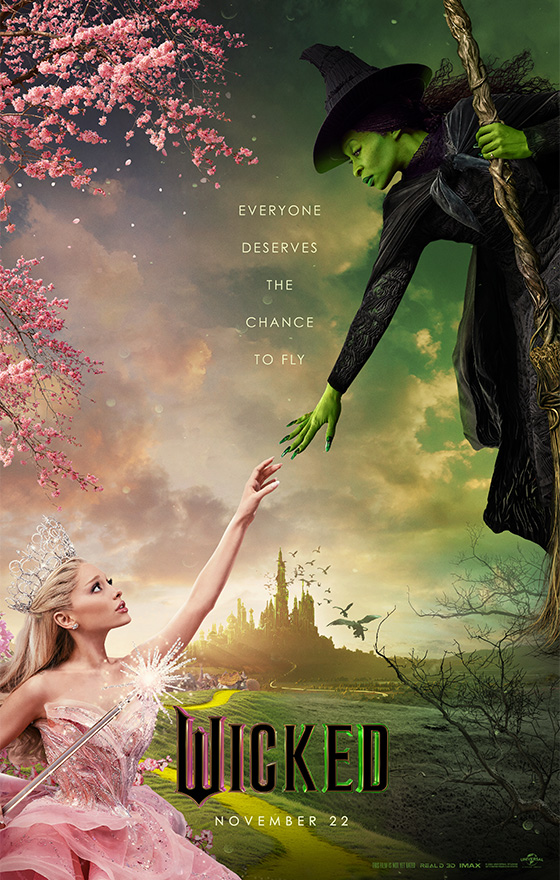Historically the new year was a day marked by a celestial event.
Some new years holidays we know of, other than what Western culture observes as the beginning of the year are known as Diwali (celebrated in Hindu cultures,) Lunar New Year (celebrated in Eastern Asia cultures,) and even Rosh Hashanah (celebrated in Jewish cultures).
All of these events are marked by the movements of the moon or the sun. Diwali takes place on a new moon every year, sometime between Oct. and Nov. depending on the phases of the moon that year.
The Lunar New Year also fluctuates around the phases of the moon, taking place every year on the first moon on the Lunar calendar, typically during Feb. on the Western calendar. Even Rosh Hashanah is based on the moon’s movement, taking place in the Hebrew lunar month of Tishrei.
So why do we celebrate the 1st of Jan. every year? Why does Western New Year seem void of any celestial or seasonal event like every other start of a year? And how did that celebration become the standard for other countries?
The date is tied to the Roman Empire, specifically to Roman King Numa Pompilius who reigned from 715 B.C.E. to 635 B.C.E. Numa revised the newly established Roman calendar that has become the calendar we know today, he replaced the first month of the year Mars (now known as Mar.) with Janus (now known as Jan.). Numa thought the switch would make more sense because Janus was the god of new beginnings.
However, this change was not the official start of the Roman year until 153 B.C.E. When the well-known emperor Julius Ceasor was in charge of Rome, he changed the Roman calendar into the Julian calendar, keeping Jan. 1st as the beginning. As the Roman Empire spread, so did the use of the calendar.
When Rome fell in the 5th century C.E., many Christian and non-Christian countries reverted to days such as March 25 (typically the spring equinox) and Dec. 25 (near the winter solstice) as their New Year.
This remained undisturbed until Pope Gregory XIII realized that the Julian calendar had been miscalculated due to leap years. Therefore, Gregory revised it with the Gregorian calendar in 1582. In this revised edition, Jan. 1st was the first day of the year. Catholic and Christian nations quickly adopted the calendar change but Protestant and Orthodox countries took a few years.
Even America and Great Britain observed March 25 as the start of the year until 1752. The beginning of our year was changed many times in the past. Nin-Christian countries have begun to use the Gregorian New Year, or Western New Year, as well to better connect with Western countries.
Time is a concept, marked only by daylight and the movement of the moon, how we keep track of it has changed over the centuries.








